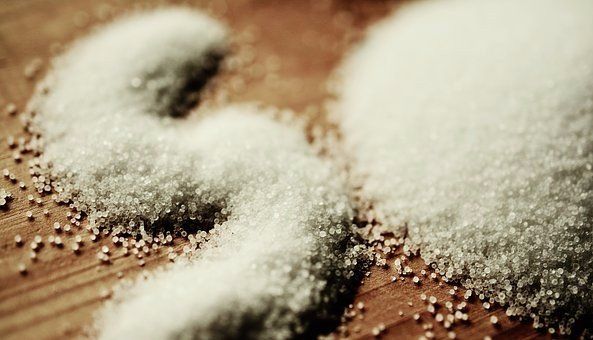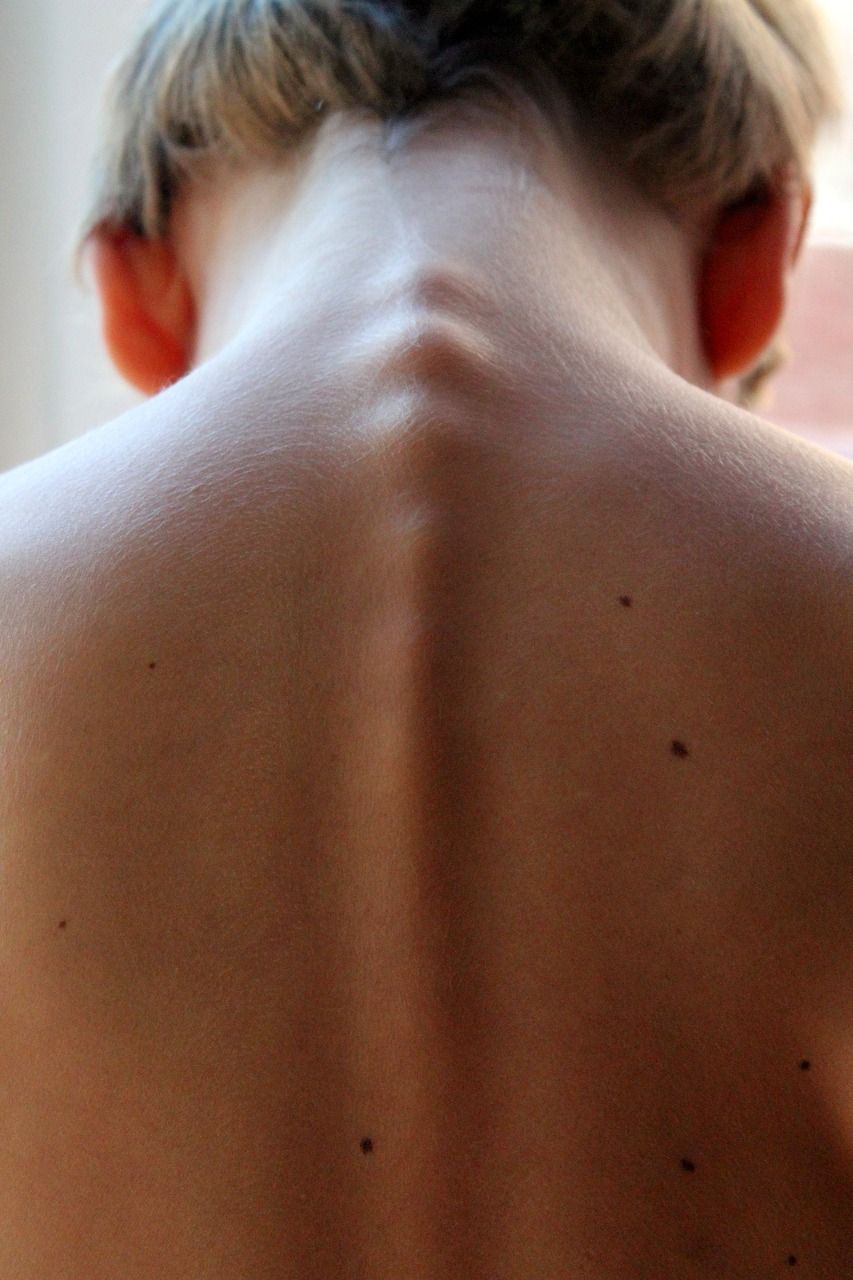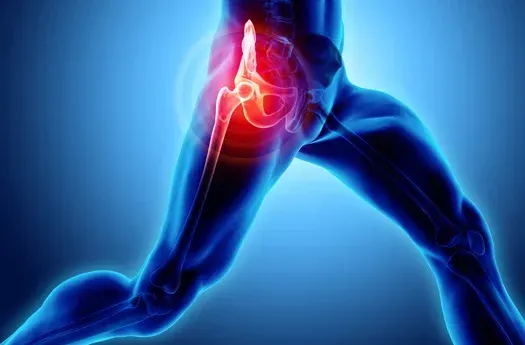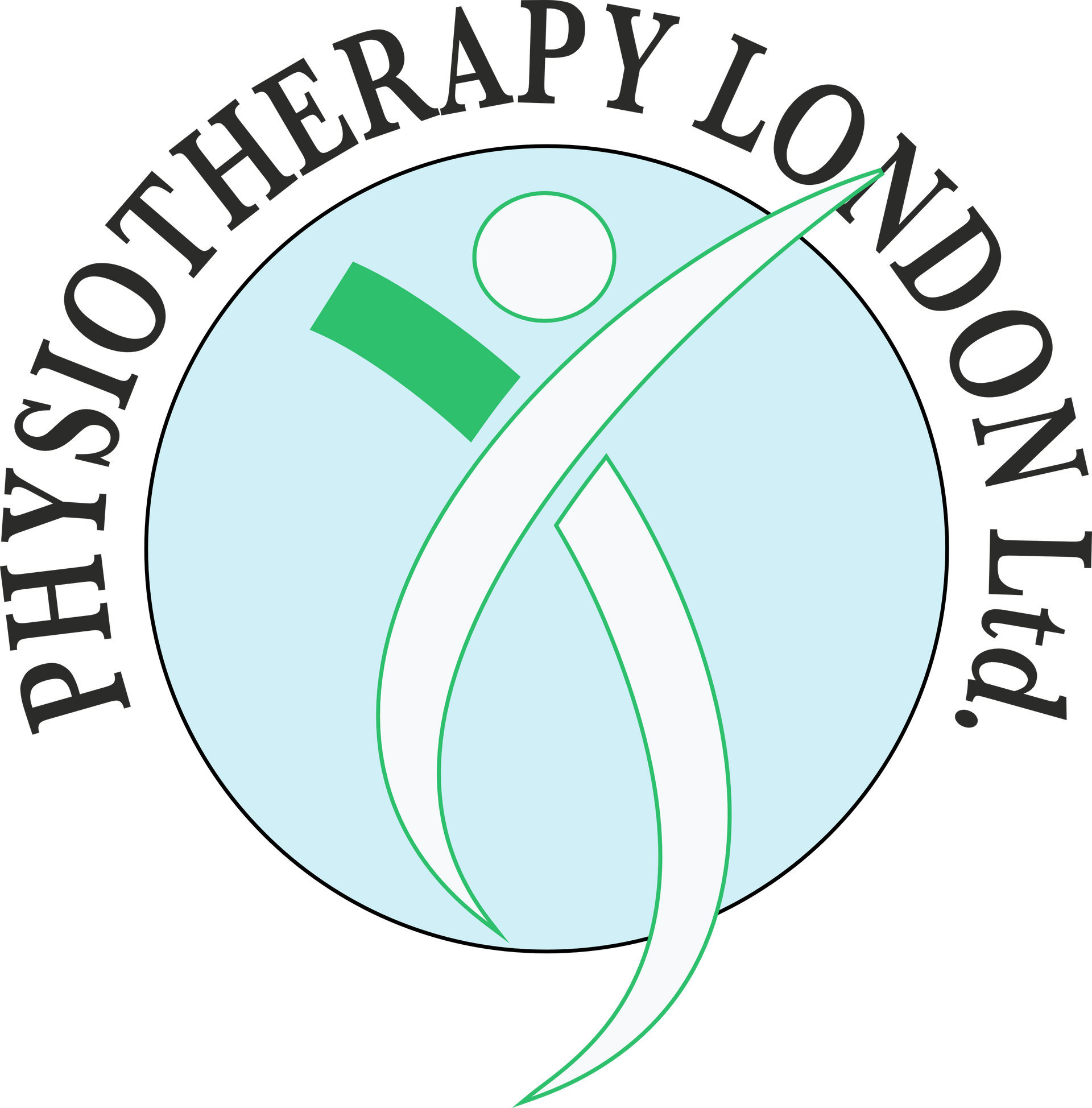Could a Low‑Salt Diet Hurt Your Health?
- By Roza Ferenczi
- •
- 07 Feb, 2018
- •

is one of the simplest, most important ingredients in the kitchen. Salt can be found in most of the food and
products we consume daily, as well as in the water.
The human body requires a relatively very small amount of sodium daily to control blood pressure and blood
volume. However, most people in the modern days consume many times the amount of the recommended daily
salt intake. A healthy level of salt in the daily eating pattern should only contain around 2,300 mg of sodium, and
this is equal to 5,000 mg of salt. If you want to imagine the proportion of that, it’s about one teaspoon of salt.
However, it is proven now that certain people with specific medical conditions – such as high blood pressure,
kidney disease or heart problems – can highly benefit from a well regulated low-salt diet.
Why should you follow a low-salt diet?
on sodium is therefore highly recommended for people with high and borderline high blood pressure.
Reducing salt intake can also help to prevent the collection of fluid in the lower legs or abdomen, causing visible
swellings – also called oedema.
A high sodium level in the bloodstream also has the potential to wreck the delicate balance in your system,
reducing the ability of your kidneys to remove the water. Over time, it is highly likely to damage the kidneys and
cause serious kidney diseases. These diseases reduce the kidneys’ ability to filter out unwanted and toxic waste
products, which then start to build up in the body.
A low-salt diet can reduce the risk of not only kidney failure, but also serious heart failure. However, you should
always discuss it with your doctor how much salt you should eat. Low-sodium diets should also be discussed
and medically well-regulated.
Can low-salt diet hurt your health?
than 3,000 milligrams may hurt your health, the majority of the general health industry still supports low-salt diets.
While this new study is yet to be proven and supported by other scientific studies and researches, the health
risks of high level salt – and sodium – intake have already been proven many times and approved by
organisations like the World Health Organisation or The American Heart Association. The study has also been
highly criticised about its inaccurate research methods.
The key, like we stated at the beginning of the article too, is moderation. A moderate daily salt and sodium intake
will reduce the risk of many health issues. In the meanwhile, it should not be forgotten that salt is essential to the
functioning of our body and systems. Therefore it should not be cut down completely.
Always consult a professional health practitioner before starting a low-salt diet about your personal
recommended amount of salt, and about the best methods to reach it.










